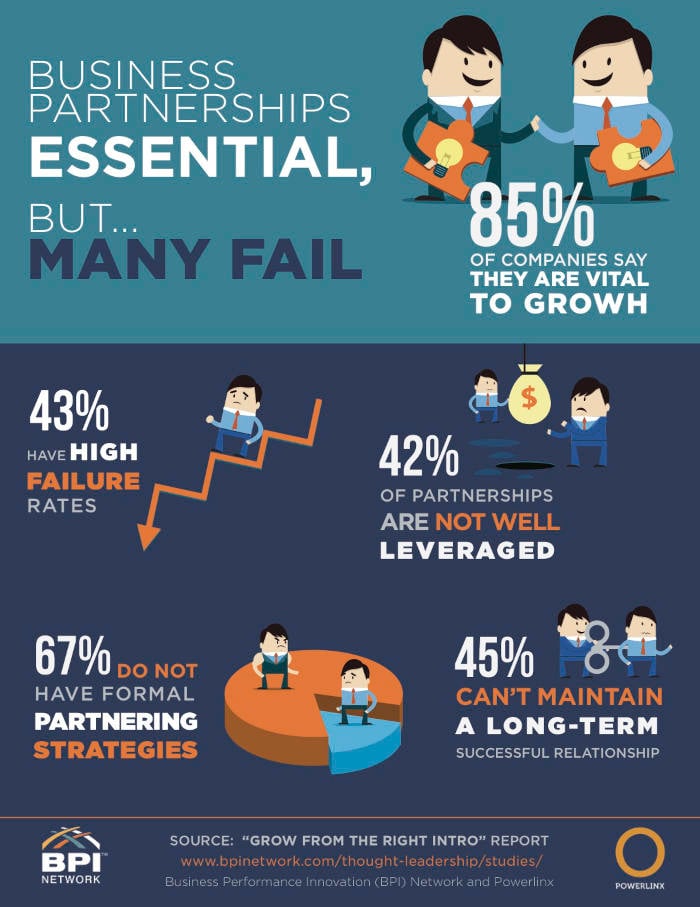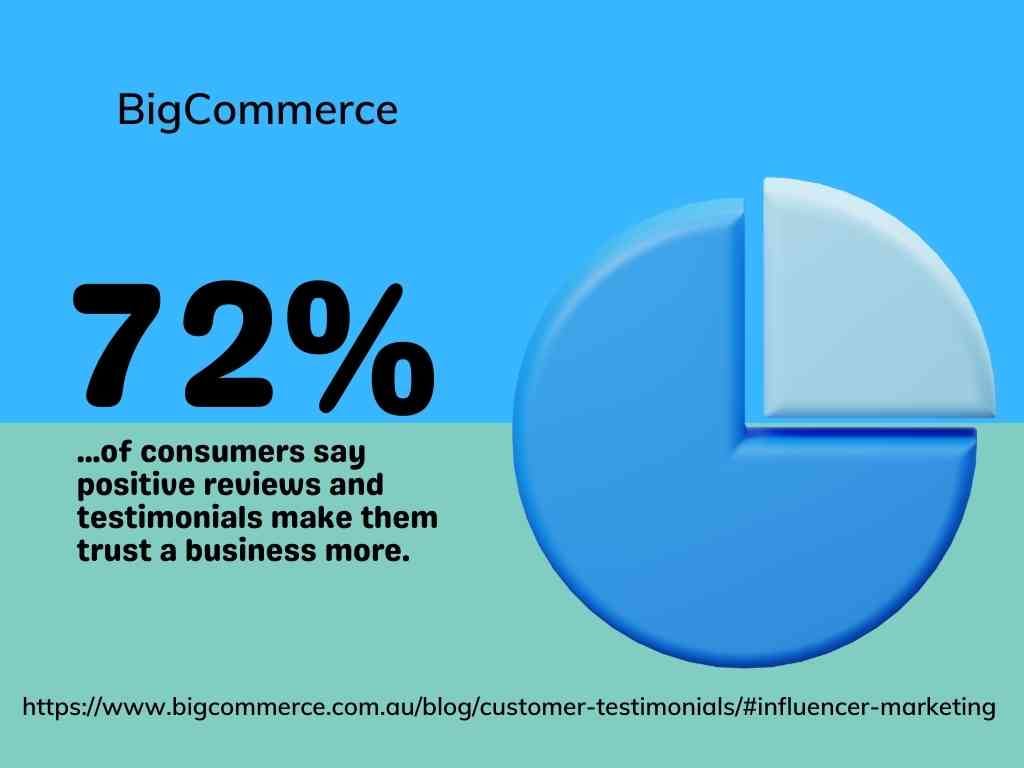Taking your business overseas can be a daunting task. There are so many things to think about and organize, from setting up your operation's logistics to understanding your target market's cultural nuances.
But if you're looking to experience international sales, it's definitely worth the effort.
Selling to a new market can bring many benefits, from accessing a new pool of customers to increasing your brand's visibility.
Additionally, globalizing your business, especially as a SaaS B2B organization, can help you weather economic downturns and build a more resilient operation.
So, if you're ready to go international, here are some tips to help you get started.
Do your research
Before you enter any foreign market, you must do your research.
This means understanding the market landscape, the applicable regulations, the competition you'll face, and, most importantly, your target business customers.
Doing research is more than just reading articles online; you should also consider speaking to experts in the field, attending B2B trade shows, and even taking business trips to get a better feel for the market.
As you research, make sure to document everything. This will not only help you better understand the market, but it will also come in handy when you're putting together your business plan. Not only will this help you avoid any costly surprises, but it will also give you a much better chance of success, especially in the highly competitive B2B landscape.
Develop a comprehensive business plan
Once you've done your research, it's time to develop a comprehensive business plan.
This document should outline your goals, strategies, and tactics for entering the market. It should also detail your budget and timeline for doing so.
Creating a plan may seem like a lot of work, but it's essential if you want to have the best chance of success. In addition to helping you better understand the market and your place in it, a well-crafted plan will also make it easier to secure funding and partnerships since you'll have a clear idea of what you're trying to achieve.
According to Chelsea Cohen, Co-Founder of SoStocked, "Your business plan is your company's North Star. It will be referenced countless times throughout your journey as a founder, so it's important that you take the time to get it right."
Choose the right partners
Speaking of partnerships, when expanding your business overseas, it’s essential to choose the right ones. For instance, if you are expanding your courier service overseas, you will have to hire labor, and rent transportation locally, hence it is important to choose your partners carefully.
These could be suppliers, manufacturers, distributors, or even local firms that can help you better understand the market. This is especially true for B2B businesses that rely on these networks extensively.
Take your time when selecting partners. Vet them thoroughly and ensure they share your vision for the business. Additionally, be sure to create proposals and sign contracts that protect your interests and clearly outline the terms of the partnership.
You can find partners through online directories, trade shows, and business networking events. In addition, you might find partners in your own country that have operations in the market you're targeting.
The Wolf from The Wolf Of Franchises says, "You need to carefully consider who you partner with when expanding internationally. A bad partner can drag you down and damage your reputation, so take your time and choose wisely."

Get the right visas and permits
When expanding overseas, ensure you have the proper visas and permits. These will vary depending on your activities, your expanding country, and the length of time you'll be there.
If you're planning on setting up a physical presence in the country, you'll need to apply for a business visa. This will allow you to stay in the country for an extended period and conduct business activities. You may also need a work permit, which will enable you to hire locals and conduct business operations.
Make sure you understand the visa and permit requirements of the country you're expanding to before you start the application process. Otherwise, you could face delays or even be denied entry.
Learn the local language
While not a necessity, learning the local language can go a long way in helping you successfully expand your business into a foreign market. Not only will it make it easier to communicate with potential partners and customers, but it will also show that you're serious about doing business in the country.
Of course, learning a new language can be a challenge, but there are many resources available to help you. There are language classes you can take, online courses, and even apps that can help you learn the basics.
In addition, several translation services can help you with website content, business documents, and marketing materials.
Find a local mentor
Having a mentor in your expanding country can be extremely helpful. A mentor can introduce you to key players in the market, help you navigate the local business landscape, and provide valuable insights and advice.
You can find mentors through online directories, networking events, and even by reaching out to people you know who have experience in the country. Expanding into a foreign market will be much easier with a mentor guiding you.
Some characteristics to look for in a local mentor include the following:
- Extensive knowledge of the local business landscape
- A network of contacts in the market
- The ability to provide helpful advice and insights
As your mentor relationship grows, you may even be able to forge a business partnership.
Ask for customer feedback
Asking your business customers for feedback and testimonials is always a good idea, but it's imperative when expanding into a foreign market. After all, they're the ones who will be using your products or services, so their feedback is crucial.
There are a few different ways to get feedback from customers. For example, you can send out surveys, conduct focus groups, or even have one-on-one conversations.
No matter how you collect feedback, make sure you take it to heart. Then, use it to change your business model, improve your products and services, and adjust your marketing strategy.
Don't underestimate the power of customer feedback – it can be the difference between success and failure in a foreign market.
According to Jerry Han, CMO of PrizeRebel, "Customer feedback is the most important metric to focus on when expanding into a foreign market. It will help you understand what's working and not, so you can make the necessary changes."

Be prepared to adjust
When expanding into a foreign market, be prepared to make some adjustments. Things like your business model, marketing strategy, and even your product or service offerings may need to be tweaked to fit your target market.
Of course, it's essential to do your research before expanding to understand the market you're entering. However, there will always be some things you can't prepare for.
So be flexible and be willing to make changes as needed. While there is some level of stability within the B2B model, changes do happen.
Conclusion
Entering a foreign market can be challenging, but if you do your homework and are prepared to make some adjustments, you can experience rapid international sales.
Just remember to obtain the necessary visas and permits, learn the local language, find a mentor, ask for customer feedback, and be prepared to adjust your business model and marketing strategy. With these eight tips, you'll be well on your way to success in a foreign market.




